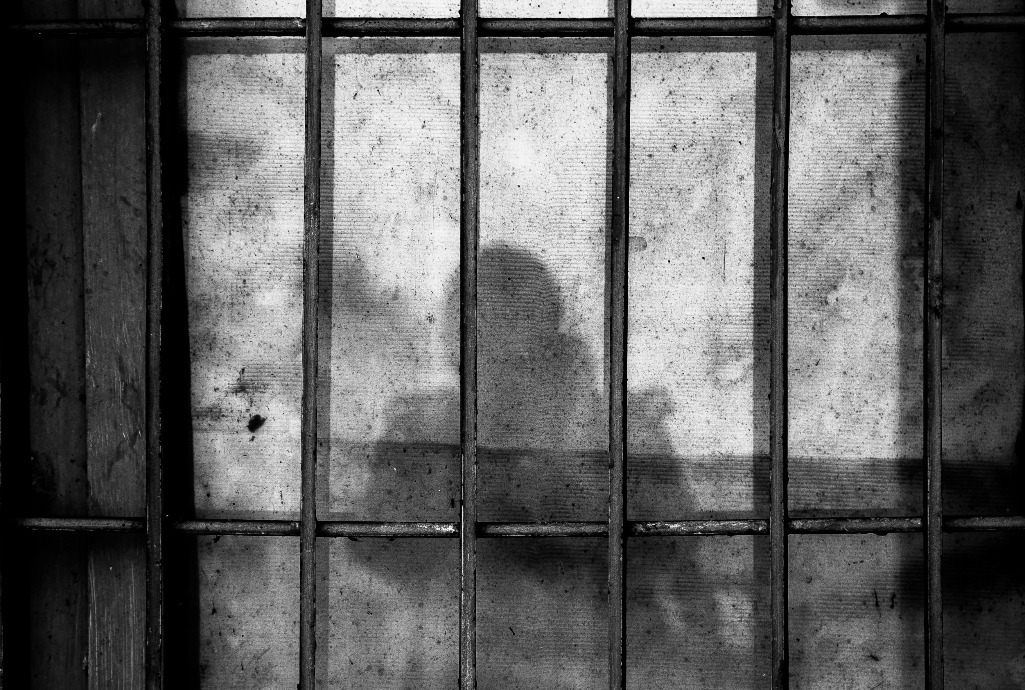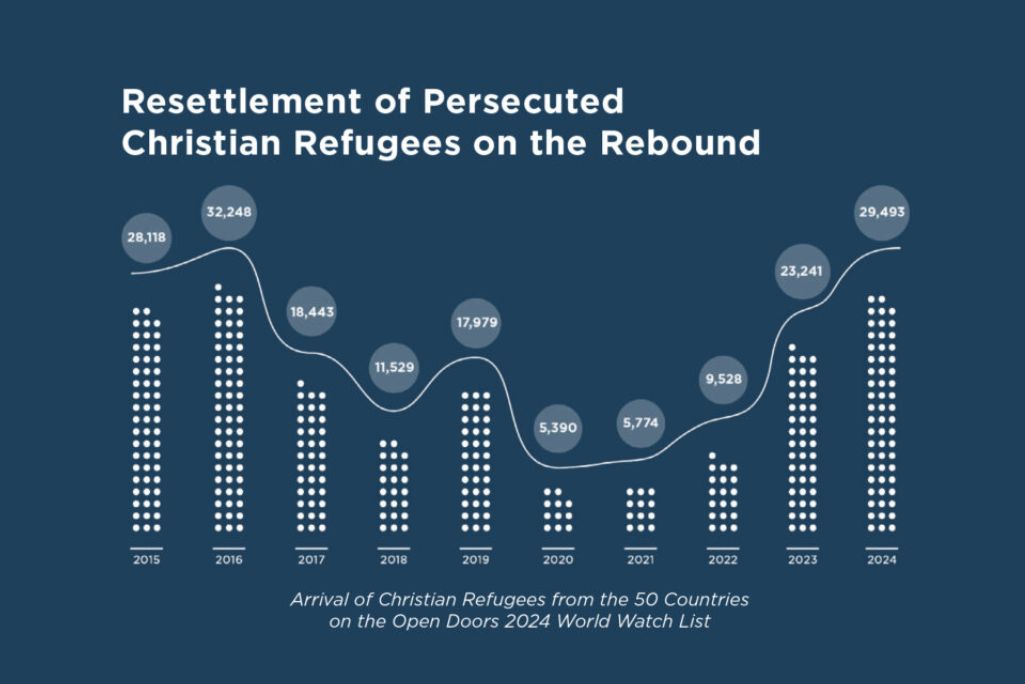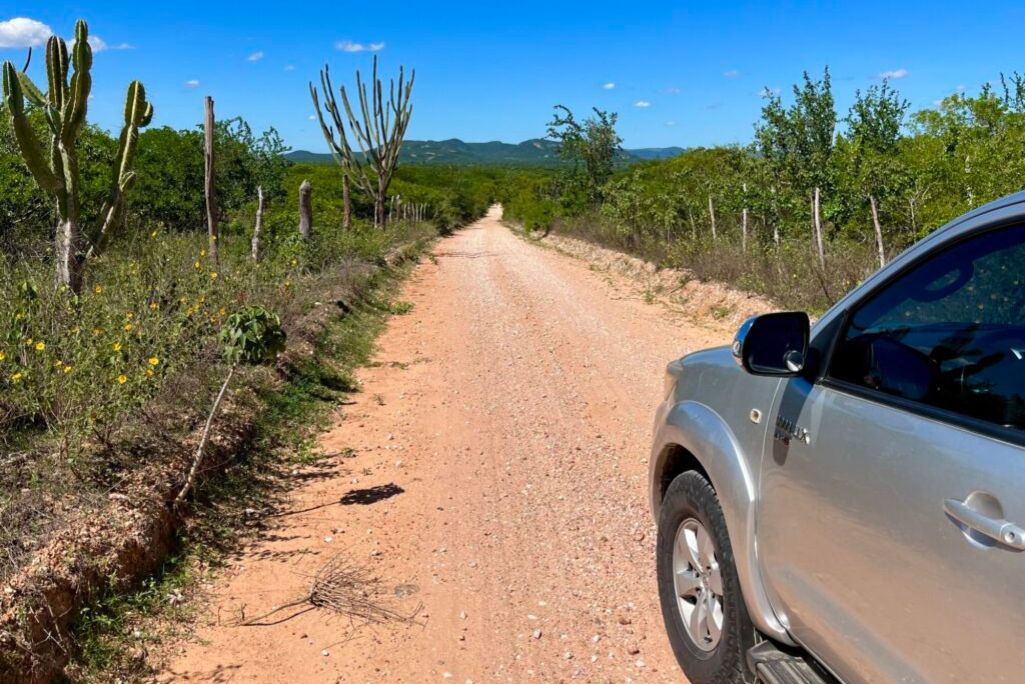
WASHINGTON (BP) — The U.S. resettled more Christians fleeing persecution in fiscal year 2024 than it has since 2016, Open Doors and World Relief said in a report unveiled Oct. 14 as insight for policymakers and voters weeks ahead of the U.S. presidential elections.
The nonpartisan groups reported the numbers of refugees and asylum seekers the U.S. has accepted in recent decades, including Christians and others fleeing religious persecution, and explored how U.S. presidential platform policies will impact the ability of those persecuted for their faith to find refuge here after the November elections.
“I think it would be remiss of me not to note that we are aware that President Trump has pledged to suspend the refugee admissions program on day one, but we also hope that this report will be something that raises voices and attention to this issue and will persuade him to change his mind if he’s elected,” World Relief President and CEO Myal Greene said on a press call releasing the report.
“And similarly we have seen that the Biden-Harris administration has implemented very significant restrictions on the asylum program, and we believe these restrictions inhibit a pathway for individuals fleeing religious persecution. And so, we would like to see and hope that these issues can be addressed.”
Still, both groups were clear in emphasizing that the report remained nonpartisan.
“Nothing in this report should be construed as an endorsement or denunciation of any particular party or candidate,” Greene said, “but we do know that as many evangelicals and Catholics and Christians come to make their voting decisions here, they should be aware of these facts.”

In fiscal year 2024, which ended Sept. 30, the U.S. resettled 100,034 refugees of all backgrounds, the groups reported, including 29,493 Christian refugees from the 2024 World Watch List of the 50 countries where Christians suffer the most persecution. The growth was a result of the Biden administration rebuilding the refugee resettlement program after it reached crippling lows during the Trump administration, even in advance of the COVID-19 pandemic, for which the report offered it commendation.
But the report noted restrictions placed on the asylum program in the final year of the Biden-Harris administration that reinterprets existing law to mean those illegally crossing the U.S. southern border are presumed ineligible for asylum, “with very limited exceptions.” While the rule faces legal challenges, the report notes, it has also “left those with genuine asylum claims — including those persecuted because of their faith in Jesus — at profound risk.” Such individuals often wait for months in shelters on the Mexican side of the border until they can apply through legal means.
While the Refugee Act, passed in 1980 with bipartisan support, allows each president to set a ceiling for refugee admissions, no such ceiling exists for asylum seekers. Refugee ceilings have ranged from 231,700 under President Carter in fiscal year 1980 to 15,000 under President Trump in fiscal year 2021, a limit Biden retained in his first year in office. But the refugee resettlement program has rebounded during the remainder of Biden’s term, reaching its current high.
Greene further lamented Trump’s campaign promise to end the refugee resettlement program, citing a Lifeway Research poll showing 71% of evangelical Christians believe the nation has a moral responsibility to accept refugees.
“And so what that tells me is that many evangelical voters who are likely to support President Trump are doing so, not because of his views on immigration, but in spite of those views,” Greene said during a Q&A segment. “For me, I think it would be very prudent for President Trump to reconsider some of his promises that he has made to restrict refugee resettlement,” he said, citing advocacy from the World Relief parent group the National Association of Evangelicals, the Southern Baptist Convention and other evangelical Christian groups for stronger borders accompanied by due process for asylum seekers.
“And that’s a fundamental and essential obligation and it’s ingrained in international law and it’s ethical and represents the best ethics there,” Greene said. “And what we see in this situation is that we will not live up to our moral obligations to people fleeing persecution if there are further restrictions of the asylum process or closing of the refugee program for people who are fleeing religious persecution, whether they’re Christians or others.”
Nadine Maenza, a former U.S. Commission on International Religious Freedom chair who joined the press call from Iraq, pointed out the influence U.S policy has on the ability of refugees and asylum seekers to find an open door anywhere.
“When the U.S. drops their numbers, countries around the world all drop their numbers, and when the U.S. increases their numbers, it has the effect where all the other countries increase their numbers,” Maenza said she has learned through conversations with the office of the United Nations High Commissioner for Refugees. “So when we close our doors, guess what happens? Other countries close their doors and it becomes an even larger problem in the world.”
Open Doors U.S. President Ryan Brown pointed out the increasing need for the U.S. to provide a safe haven for Christians fleeing persecution, as the organization’s annual World Watch List has noted a multiyear trend of increasingly violent persecution that forces Christians to flee their homelands.
“The need for refugees and those seeking asylum to have a safe haven and to have a place where they flee and find safety, those needs continue to rise,” Brown said. “We certainly, through this report, hope to illustrate and give visibility to that fact.”
He encouraged voters not to confuse the issue of border security with asylum and refugee access, pointing out the worth and importance of all.
Mark J. Seitz, chairman of the U.S. Conference of Catholic Bishops Committee on Migration, and Knox Thomas, senior fellow of the Pepperdine University U.S. Institute of Peace, also joined the call moderated by Chelsea Sobolik of World Relief and Kaylee Fischer, global operations director of the International Religious Freedom Roundtable.
The full report, State of the Golden Door, is accessible here.
(EDITOR’S NOTE — Diana Chandler is Baptist Press’ senior writer.)


